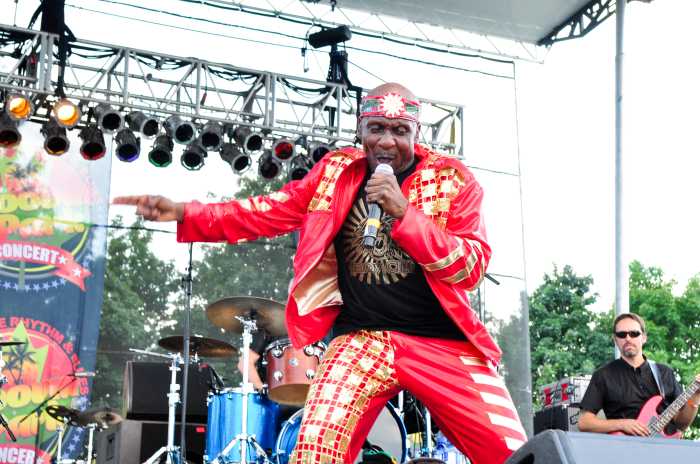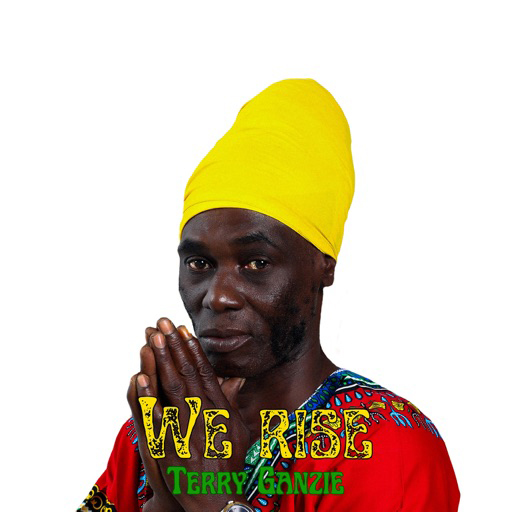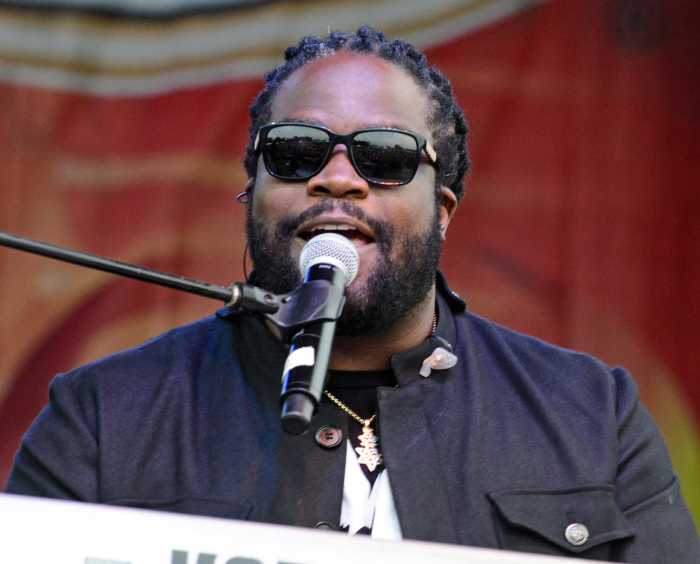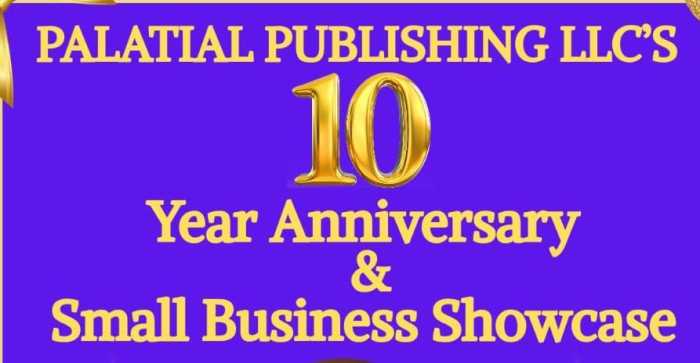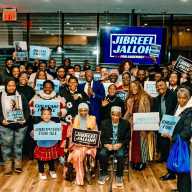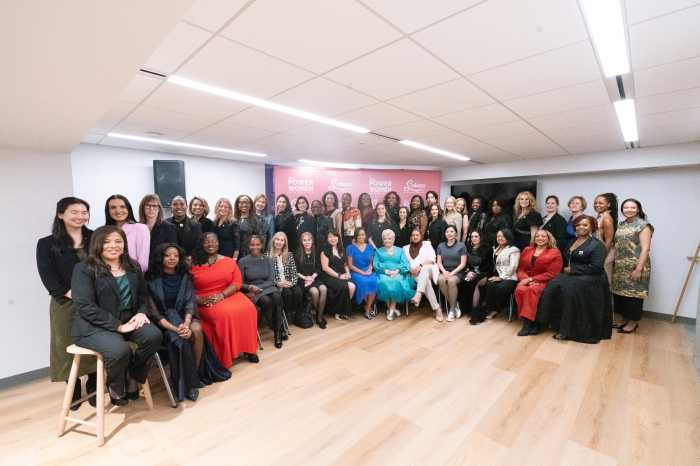Let me begin by saying that I appreciate any mainstream rap song that can convince me it’s more than a massive collision of overused genitalia, black urban corpses, and Ciroc. The sad reality is that after I realized Mos Def and Talib Kweli weren’t starting their own labels and tagging protégés, I intentionally began dumbing myself down. Now, give me 6-8 bars without mentioning a blown out back and I might look you up on iTunes. Seriously…that’s where I am right now. Every blue moon I’m pleasantly surprised by a Kendrick Lamar or Macklemore, and I run around shouting their praises from the rooftops and playing their albums so frequently that my four year old daughter feels comfortable telling her mother not to kill her vibe and her classmate that he smells like R. Kelly’s sheets. But music is a perishable commodity. Eventually, no matter how ripe it was when you brought it, it gets old and stale, and you’re inclined to go and shop for something fresh again.
So I was excited when, in my search for fresh fruit from the hip-hop tree, I came across Kanye West’s “New Slaves.” It took me back to the old College Dropout and Late Registration Kanye. You remember him, right? The thoughtful, wet behind the ears producer-turned-rapper and faithful boyfriend with his jaw newly wired? How many times in the last decade have I thought to myself “Man, I miss the old Kanye?” And boom, there he was, projected onto the side of an apartment building! God had surely heard my cries.
But in the midst of listening to the song, it dawned on me that rappers (and authors for that matter) who try and create art with some substance to it tend to be in a very convenient, yet dangerous position. Kanye West can say “we’re the new slaves”, but doesn’t have to explain himself any more than he does in the 16 bars he’s allotted. Listeners will take the art for art’s sake, take what they want to from it, and go on about their lives. I wrote a novel about a rapper that gets transported back into the antebellum slavery period, but I don’t have to explain myself any more than is implied in the plot of the book. Most of the people who read my work will never engage me personally, which forces me to grapple with the fact that the novel will be interpreted based on their own personal perceptions, and not from the perspective from which it was written. I assume Kanye struggles with the same problem. Somebody somewhere heard Kanye’s new song and took it completely out of context, probably twisting the message enough to reinforce their own racist ideologies. Kanye can’t stop that from happening any more than I can, and frankly, it’s scary as hell to think about.
So this is my effort to retaliate and provide clarity. Of course, I can’t speak for Kanye, but we’re similarly minded people. I think he’d be okay with this.
I preached a sermon once entitled “Forty Million Dollar Slaves,” taken from the book by William C. Rhoden. The purpose of the sermon was to debunk the notion that people who have money, and who are rich by society’s standards, are by default free. I used the story of Joseph from the book of Genesis. Joseph went from being a slave to being one of the most powerful people in Pharaoh’s court. However, no one ever sets Joseph free. He ends up with great wealth, and great power, but I submitted that he was still a slave. At the snap of Pharaoh’s fingers, he could’ve lost everything he had and been sent back to servitude.
Fast forward with me to the antebellum slavery period. In order to have a successfully run plantation, the plantation owner, or slave master, had to employ personnel to police the slaves. These people were called overseers. In more instances than I’d like to admit, the overseers were black. They were slaves, but they had been elevated in status by the slave master. They had proven themselves trustworthy to the point of the slave master relying on them to keep the other slaves in line. In many cases the black overseers were allowed to dress better than the field slaves. They were given allowances and privileges that the rest of the slaves were not. They had authority over their peers. One may go so far as to assume that there were slaves who one day aspired to be overseers. I mean let’s face it – who doesn’t want to be elevated from their current social status?
See, in the context of today’s society, we must remind ourselves that the definition of a slave is not someone who is poor, someone who has no authority, or someone who is not well known. A slave, by definition, is someone who is in a state of bondage. A slave is someone who is not free. It’s with that thought in mind that we step into today’s mainstream hip-hop culture.
Let’s say some fortunate soul, like, I don’t know, Drake, for instance, gets signed to Young Money Entertainment. Young Money Entertainment is an imprint of Cash Money Records, and Cash Money Records is a subsidiary of Universal Music Group. This means that Cash Money Records is owned, either in part or in totality, by Universal Music Group. The CEO of Universal Music Group is Lucian Grainge, who is not black. What this means is that a large percentage of every single dollar Drake, Wayne, Nicki, and everyone else under that label has made goes directly to a white man who you’ve likely never heard of until you read his name in this article. Do Drake, Wayne, and Nicki have money? Yes, they do. Is it even a drop in the bucket compared to how much money Lucian Grainge has made off of them? No, it is not.
I don’t want to make it seem like I’m just picking on the Cash Money/Young Money Crew. Interscope Records is owned by Universal Music Group as well, and Interscope owns Aftermath Entertainment, Shady Records, and Bad Boy Records, just to name a few. Maybach Music is an imprint under Warner Music Group, whose North American CEO is Lyor Cohen. He is not black. Essentially, every hip-hop artist that is putting out music under a major label is responsible for making a rich white man even richer. In fact, said rich white man gets a larger percentage of the profit than the artist does.
In the words of the old Kanye, “…a white man gets paid off of all of that.”
It becomes hard, at this point, not to compare what’s happening in mainstream hip-hop to slavery on multiple levels. No, the rappers don’t work for free. They get paid, and compared to the money that the average American will see in their lifetime, they get paid nicely. But it is nothing, absolutely nothing compared to the money that is made off of them, for the people above them. I remind you again that the definition of a slave is not someone who works for free. The definition of a slave is someone who is not free – someone who is in a state of bondage. Is the state of slavery for a mainstream rapper a voluntary one? One could argue that. Slaves during the antebellum period would be risking their lives if they tried to escape to freedom. However, in a hyper-capitalistic society where your worth as a human being is determined by your economic status, I’d be interested in exploring the different meanings of death for a young black male who becomes the savior of his family and pride of his community overnight.
And then there’s the issue of power. I don’t care how popular Lil’ Wayne may be, you’ll have a hard time convincing me that if Lucian Grainge snaps his finger, Lil’ Wayne’s career wouldn’t come to a screeching halt. His power is conditional. Please the people at the top, and he’ll keep his power and influence over the people at the bottom. Kinda reminds you of the overseer, doesn’t it?
This brings me to what I believe is the most problematic aspect of the entire hip-hop/slavery complex – the lyrical content of the music. If there are white execs over each of the parent companies of these labels, then the final decisions concerning the music that is released lies with these executives. Translation – when your favorite rapper gets on the mic and rhymes about shooting another nigga in the head, f***ing his b**ch, and selling crack to the community, there’s a white man in a plush office somewhere that nods and okays that music to be released. This is music that negatively influences impressionable black youth on a daily basis, and fosters a widespread stereotype of African-Americans across the globe. And white people are controlling it.
An overseer’s job was to keep the slaves in line, and we’ve seen black people “misbehave” in the 50’s, 60’s, and 70’s with the rise of the Civil Rights Movement, The Black Panther Party, the O.A.A.U, S.N.C.C, and countless other organizations. What better way to keep your slaves in line in 2013 than to turn your overseers into heroes and pay them to pump lyrical poison into the community? You give an overseer a whip and a gun and tell him to control the slaves, and despite his best efforts he can only be effective with the slaves in his immediate area. You give him a microphone and national distribution, and you multiply his effectiveness a hundred times over.
Last thing, and then I’m done.
During the antebellum period, when the abolitionists were fighting to end slavery, they didn’t target the overseers. They targeted the slave masters.
It was always interesting to me, during the period of Rick Ross’ vilification over his “rape lyrics” in the remix of “U.O.E.N.O,” that no one was standing outside and picketing Warner Music Group, or E1 Music, where Rocko is signed (by the way, E1 Music is run by Alan Grunblatt, who is not black). People targeted their outrage directly at Rick Ross. Don’t get me wrong, he deserved every bit of chastisement he received, but what about the corporation that released the song? What about the white execs who received the majority of the profits? How did they manage to get off scott free?
If the mainstream rappers are indeed the 21st century overseers, then we’ve been hoodwinked into believing that attacking the overseers will make any difference whatsoever on the plantation. If there was an issue with an overseer, a slave master would simply replace them. If Rick Ross had somehow lost his career over the lyrics in that remix, a new Rick Ross would have easily been created. It would have made no difference to mainstream hip-hop culture. The same negative messages would still be promoted, and the same negative influences would run rampant through the community, because it keeps the slave masters rich. I’m not just talking about profit from record sales, either. I’m talking about the constant promotion and glorification of a mentality that is guaranteed to make rich white people richer and poor black people poorer in this country.
This is why Kanye can say that we’re the new slaves. This is why I can write a novel about a rapper that is taken back to the antebellum slavery period. And this is why hip-hop, a musical and cultural phenomenon, can be viewed as a corporate method of enslaving a new generation of African-Americans. The parallels are undeniable, the similarities are horrifying, and the facts don’t lie.
“I know that we the new slaves. I see the blood on the leaves.”
Damn straight, Kanye. Damn straight.


